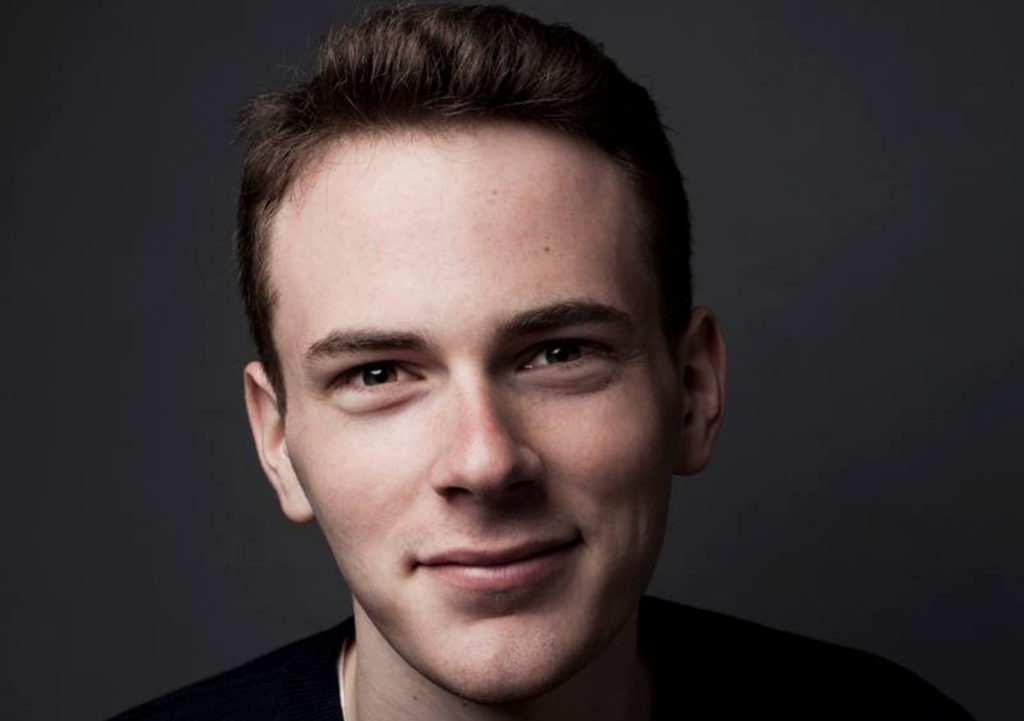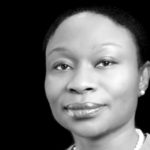We all have them. Those apps we open without thinking. Not because we need anything in particular, but because they feel… safe, in some…
How Daniel Gross’s Pioneer Tournament proves that talent is everywhere [Q&A]

For former Apple director Daniel Gross — who runs US accelerator Y-Combinator’s AI-track and recently launched a global talent search fund — talent is everywhere. No where is this more so than in Africa, he says.
However, a lack of opportunities means many of us never get to pursue those passions or indeed, turn them into lucrative businesses.
Gross (pictured above) co-founded Cue, an artificial intelligence (AI)-driven powered search engine which was acquired by Apple in 2013 in a deal that US-tech publication TechCrunch reported to be worth over $40-million. Prior to that, at only 18 he became the youngest person at the time ever to be accepted into US-tech accelerator Y Combinator.
Last year, Gross – who is also a Y Combinator partner and currently leads the accelerator’s AI track — founded Pioneer, a global talent search fund aimed at finding and supporting the next set of entrepreneurs, scientists, civil activists and artists through “cheap and scalable interventions” that will help them achieve their goals.
‘Roughly 14% of applications (for the Pioneer tournament) came from African founders, makers, and researchers’ — Pioneer founder Daniel Gross
“I want to provide some of the non-intuitive benefits of Silicon Valley to many more people,’ he wrote in a blog post last year explaining why he started the organisation which he runs with Rishi Narang.
Pioneer runs a monthly tournament where innovators with the best projects and pitches are selected to become a Pioneer and receive a $5000 investment — with the possibility of a $100 000 follow-on — a round-trip ticket to San Francisco and access to industry experts as well as a private online forum with other Pioneers.
In the following Q&A, Gross details the highlights of the Pioneer tournament, how African innovators have fared in the initiative, and what to expect from Pioneer in 2019.
What were some of the highlights of the Pioneer tournament?
Running the first Pioneer Tournament was unexpectedly interesting. The team had built products in the past. Products that people liked, a job listing platform, a search engine, and smart features on the iPhone. But Pioneer was different. We had never worked on something that people were emotionally enthralled with.
We’d never woken up to an email inbox full of people thanking us for making the product, because it finally convinced them to follow their dreams. People’s emotions would rapidly change based on their leaderboard position, and that emotional engagement seemed to encourage them to keep going.
Another highlight was reading feedback applicants would give each other. For some reason we haven’t quite figured out, people offer genuine positive feedback or constructive criticism. We didn’t expect that sense of community at this early stage.
We also didn’t expect to see the volume and breadth of applicants in our first run, sprawling over 100 countries. Roughly 14% of applications came from African founders, makers, and researchers.
Of the applicants selected as Pioneers, how many were from Africa and what solutions did they submit?
There were 17 applicants selected as Pioneers and the two ideas from Africa were Ghanaian Atsu Davoh and Ugandan Caroline Oluka.
Davoh is building a way for Africans to easily acquire and spend crypto-currencies in everyday life. He built a service (called BitSika) for buying Bitcoin via phone texts — without the internet — and is currently building the equivalent of Alibaba for Bitcoin in Africa (expected to launch this month).
Davoh dropped out of college in the US and moved back to Ghana to work on this idea.
[Davoh writes] “I pursued this path instead of going to work at a tech giant like my friends because I wanted to do something impactful. I strongly believe that smart Africans should stay in Africa to solve the continent’s problems, and this philosophy motivates every decision I make,” Davoh said.
Olukah is the founder of RideUp, an eco-friendly bike courier service for corporate offices in Kampala that aims to empower homeless girls. She is a testament of the human spirit. She had an incredibly tough home environment that would cripple most.
She ran away from home and grew up on the streets of Uganda. She’s now decided to start a business that’s aimed at helping girls in similar situations. The world has taken note, too. She won a Ugandan social innovation award during the Pioneer Tournament, and has been relentless about fundraising to grow her business. (Read more about the first Pioneers cohort here).
What can we expect from Pioneer this year? Will the tournament feature the same format and prizes?
We started Pioneer to tackle the uneven distribution of wealth and opportunity, using software and internet scalability to detect and amplify as many ambitious outsiders as possible.
It turns out people really enjoy the the motivational aspects of Pioneer and the encouragement from other players. It helps them accomplish what they couldn’t have done alone.
In a sense, Pioneer has become a sort of digital Ivy League campus, where the virtual surroundings cause you to punch above your weight. As a result, we’ve been working on making Pioneer more and more engaging. We want to make something that people come back to play month after month — even when they win!
Our leaderboard has been upgraded to show regional positions, so participants have a better sense of peer camaraderie. Applicants receive both positive and constructive feedback from their peers.
We’re constantly iterating and thinking about how to make this an enriching experience for everyone and to lower the activation energy required to pursue ideas and side projects.
In terms of the prizes, we recently partnered with the Stellar Development Foundation to award winners of our second tournament $6000 in lumens in addition to the $5000 Pioneer grant, and will continue to add new offerings that make it easier to build and progress a business or project.
A new tournament starts every four weeks.The second tournament is now underway, and we hope that we’ll get a lot more applications from Africa to the third! Interested applicants can keep an eye on pioneer.app/blog for updates.
How are applicants scored in the Pioneer Tournament, could you break down the process?
Applicants can submit their ideas across any category through the short online application form at pioneer.app. No project is out of scope — researchers, painters and musicians are encouraged to apply.
Over the course of a month, prospective Pioneers share weekly updates detailing the progress of their projects, allowing the community to decide –via a points-based system — whose project will move on to the next round.
Those at the top of the leaderboard will get a final ranking from a panel of mentors including Marc Andreessen, Bret Taylor of Salesforce, Patrick Collison of Stripe, and Balaji Srinivasan of Coinbase. The highest-scoring applicants will become Pioneers.
Pioneer holds meetups in cities around the world, the latest being in Mexico City. Are there any plans for similar meetups in Africa?
We would love to host a meetup in Africa! Our goal is to build a community of Pioneers all over the world. The meetups are a great way to bring like-minded folks together, share their progress, get feedback, and motivate one another to keep going.
We hosted a meetup in Gurgaon (India) and teamed up with the Indie Hackers and Stripe Atlas communities to host another in Mexico City. One Pioneer travelled six hours just so she could meet more people from the maker community. If anyone wants to host a meetup in their city, they should drop us a line at meetups@pioneer.app.


